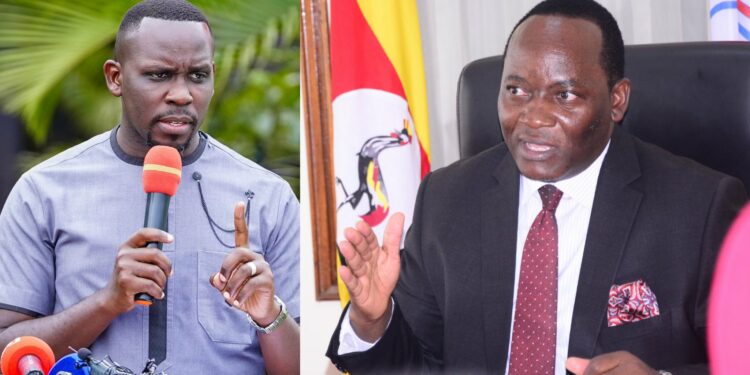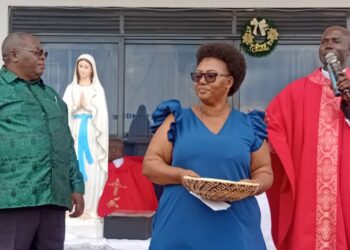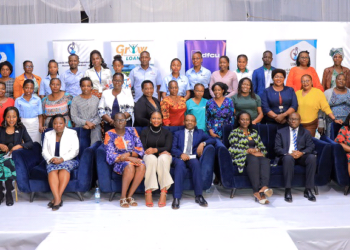A significant reshuffle has today unfolded in the National Unity Platform (NUP) camp.
NUP is headed by Robert Kyagulanyi alias Bobi Wine.
This shift sees the Nakawa West legislator Joel Ssenyonyi stepping into the esteemed position of Leader of the Opposition (LOP) in Parliament, taking over from Mathias Mpuuga, while Mpuuga, in turn, assumes the mantle previously held by Francis Zaake as a parliamentary commissioner.
This reorganization within NUP denotes a strategic realignment, potentially influencing decision-making processes and the political landscape within the leading political party.
The appointment of Nakawa West lawmaker as the new Leader of the Opposition underscores a potential shift in the approach and strategies expected from the opposition front. His assumption of this critical role brings anticipation and scrutiny, as it may signify a fresh direction in the opposition’s agenda and engagement within parliamentary affairs.
Meanwhile, Mpuuga’s transition to the role of parliamentary commissioner signifies a significant administrative responsibility, involving oversight and decision-making on parliamentary matters. This reconfiguration hints at a repositioning of key figures within the shadow cabinet, likely to impact legislative dynamics and the formulation of policies in the foreseeable future.
The changes highlight a dynamic opposition political landscape, inviting observations on the potential implications for governance and opposition representation in the parliamentary arena.
Ssenyonyi’s ascent to the position of Leader of the Opposition is met with both anticipation and a sense of responsibility. As a figure known for his articulate communication and active involvement in social and political discourse, his elevation brings expectations of a robust and strategic approach in steering the opposition’s stance and agendas within Parliament.
His leadership might signify a potential shift in the opposition’s narrative, emphasizing certain policy priorities or recalibrating strategies in engaging with the ruling party.
The transition also opens opportunities for Ssenyonyi to articulate the opposition’s vision, influence debates, and shape legislative outcomes, introducing a new chapter in the dynamics of parliamentary discourse. Before this position, Ssenyonyi served as chairperson committee on Commissions, Statutory Authorities, and State Enterprises (COSASE).
On the other hand, Mpuuga assuming the role of parliamentary commissioner denotes a shift in focus towards administrative and procedural oversight. This position involves critical responsibilities related to the effective functioning of parliamentary affairs, including financial oversight, administration, and logistical aspects of legislative activities.
Mpuuga’s background in legal matters and political acumen may contribute to a more nuanced approach to managing the bureaucratic machinery of Parliament, potentially impacting the efficiency and transparency of its operations. His role could also entail mediating between diverse interests within the parliamentary framework, ensuring smooth proceedings and fostering cooperation among legislators from various ideological and political backgrounds.
Meanwhile, Mpuuga steps in to replace Zaake, the Member of Parliament for Mityana Municipality, who faced suspension from his position due to disciplinary issues.
Do you have a story in your community or an opinion to share with us: Email us at editorial@watchdoguganda.com













